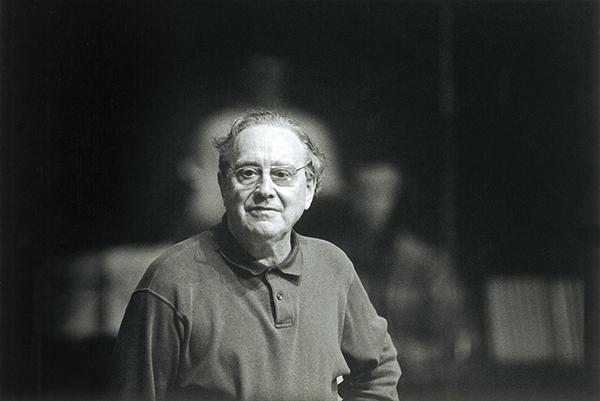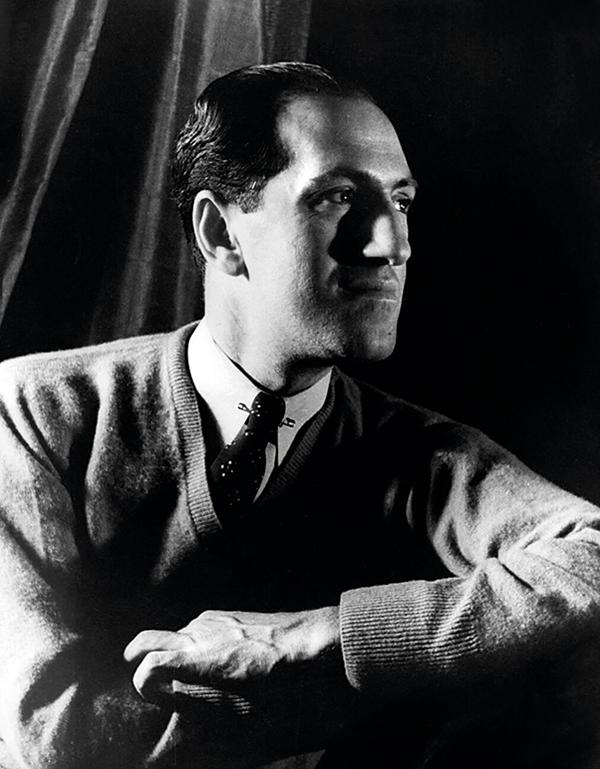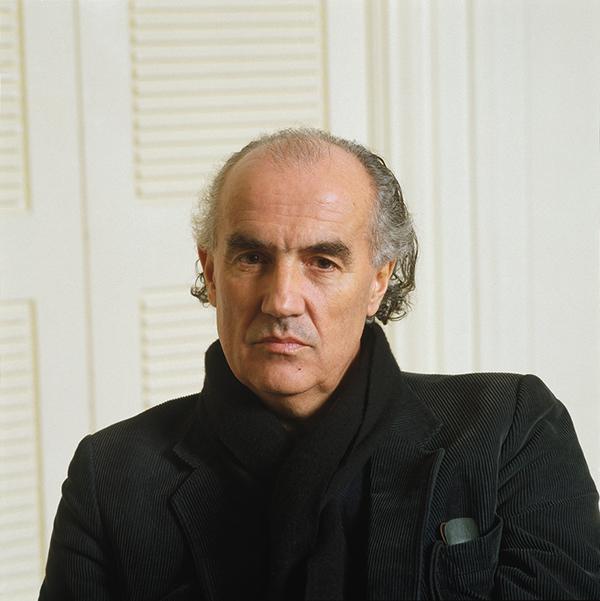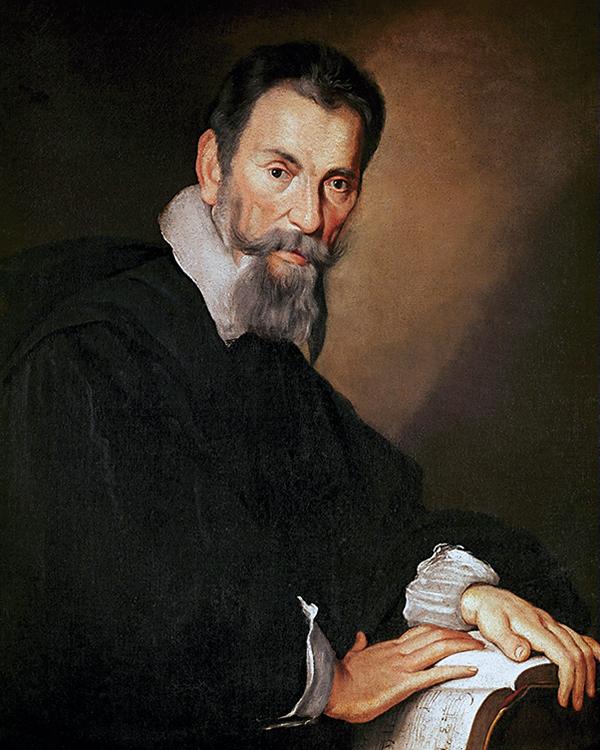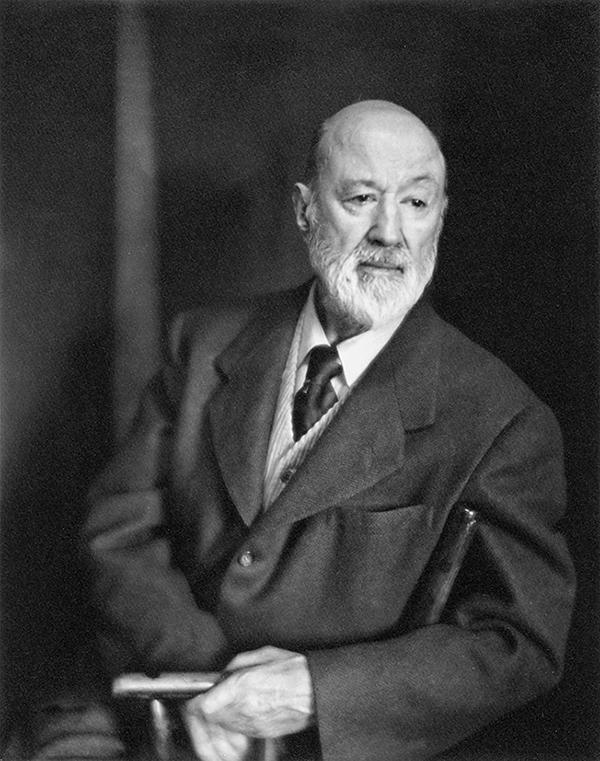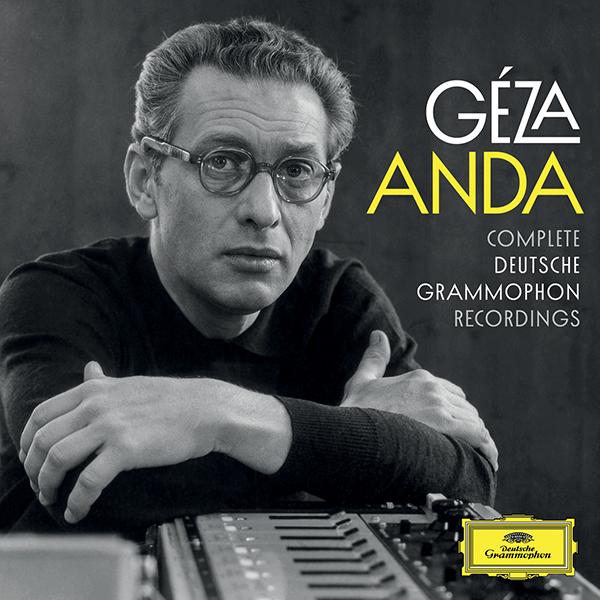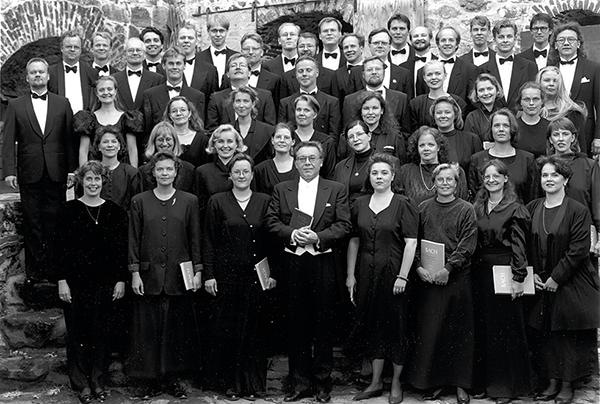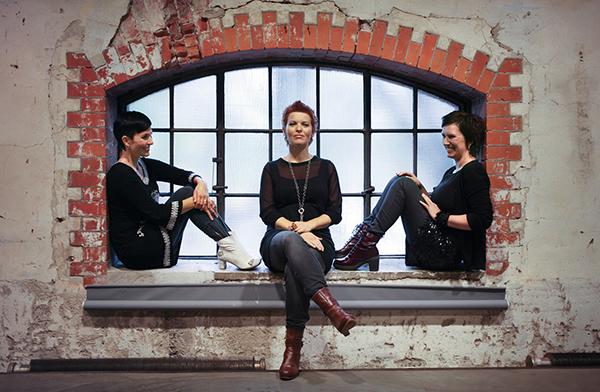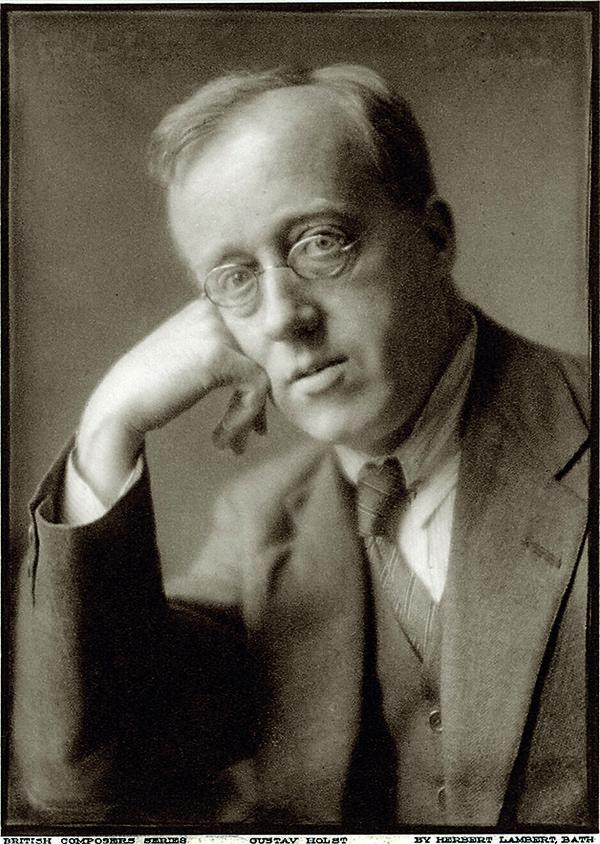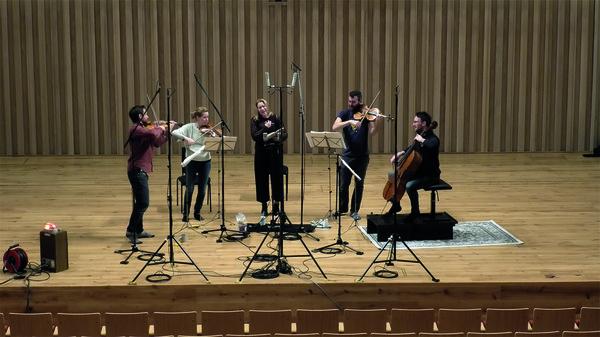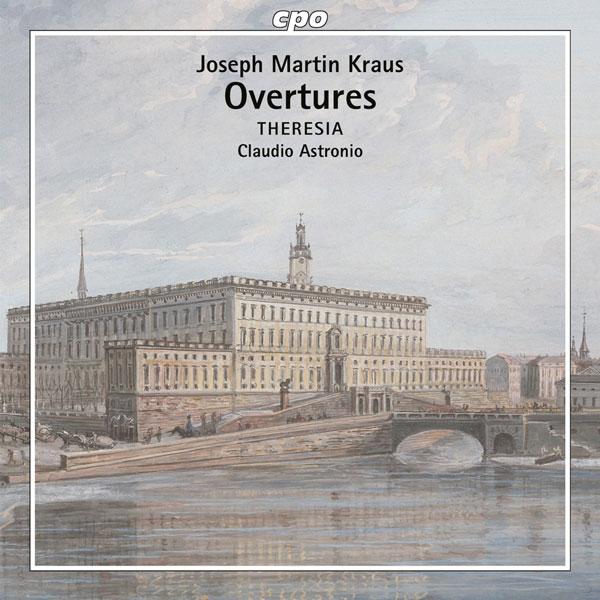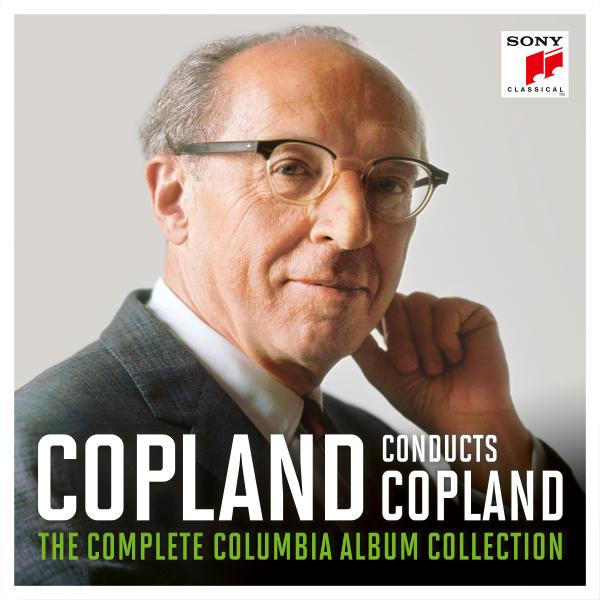Classical Companion
Sort By: Post Date TitlePublish Date
|
Jul 09, 2025 |
First Published: Jul 01, 2025
|
Jun 26, 2025 |
First Published: Jun 01, 2025
|
Jun 02, 2025 |
First Published: May 01, 2025
|
Apr 26, 2025 |
First Published: Oct 01, 2024
|
Apr 26, 2025 |
First Published: Apr 01, 2025
|
Apr 25, 2025 |
First Published: Nov 01, 2024
|
Apr 17, 2025 |
First Published: Mar 01, 2025
|
Mar 12, 2025 |
First Published: Jan 01, 2025
|
Mar 09, 2025 |
First Published: Feb 01, 2025
|
Mar 02, 2025 |
First Published: Dec 01, 2024
